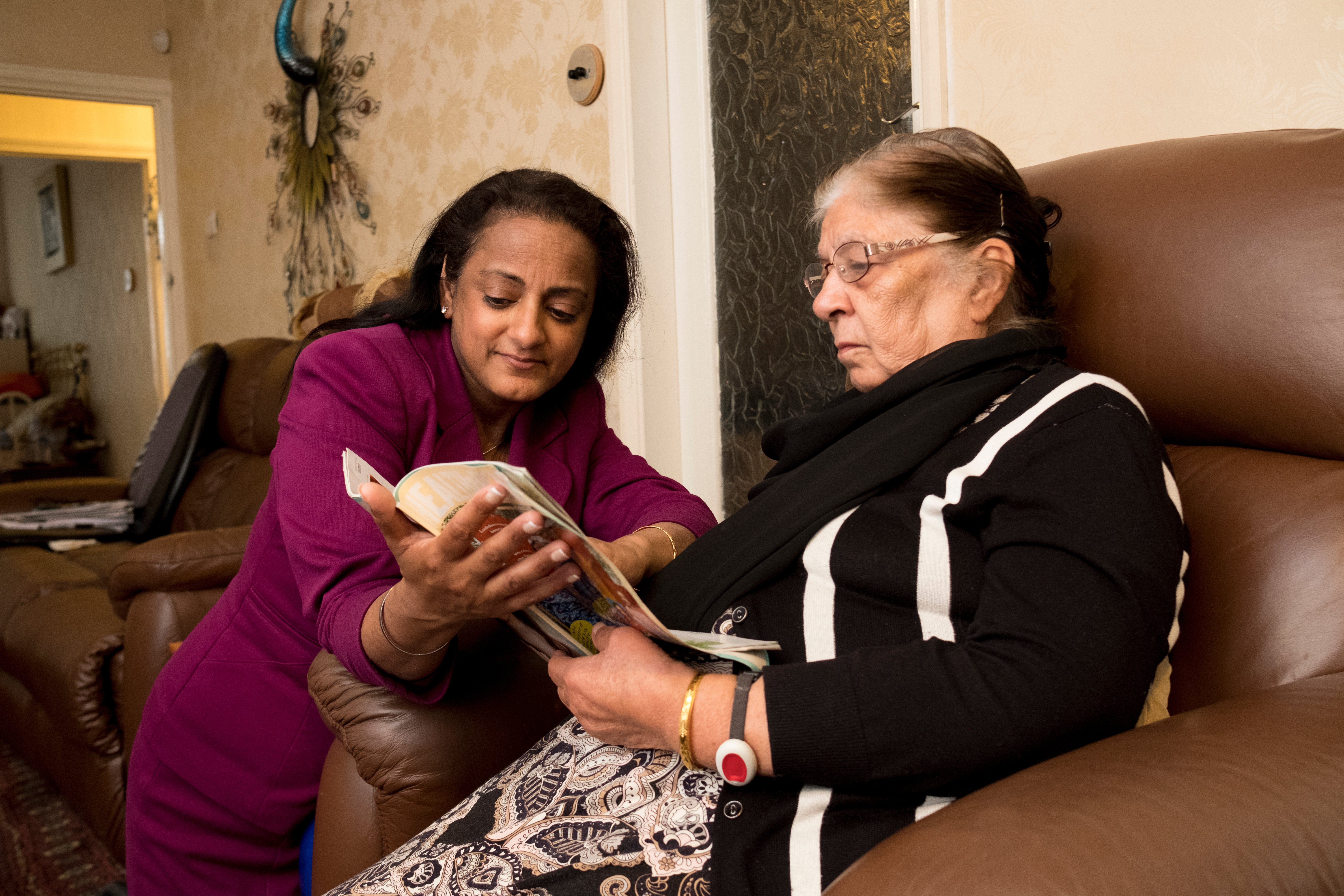Dispelling common myths about being a carer
As a carer, you play a crucial role in helping others who couldn't manage without your support because of age, illness, or disability. But despite this, there are some common myths about being a carer. Some people think carers must be paid professionals or receive Carer's Allowance. Others believe only full-time carers or those of a certain age are considered a carer.
These misconceptions can obscure the reality of caring, where in fact many carers are unpaid family members or friends, and support is available no matter how long or how much you care. Knowing the truth can help you get the support and resources you need to help you to thrive in your role. In this blog edition, Carers First dispels some common myths around being a carer.
Myth: “A carer is always a paid worker who supports someone.”
In reality, many carers are family or friends who provide support out of love or duty, not for payment. In the UK, around 5.7 million people - about 9% of the population - are unpaid carers.
Even if you don’t think of yourself as a “carer,” recognising your role can give you access to important resources and support that can make your caring journey easier.
Myth: “You’re only a carer if you receive Carer's Allowance.”
You don’t need Carer’s Allowance to be a carer. A carer is anyone who helps someone who can’t manage alone due to age, illness, or disability. Whether you receive Carer’s Allowance or not, you can register as a carer with local organisations and your GP to get the support you need.
While Carer's Allowance is a vital financial benefit for some, many carers don't qualify for it and still play a vital role.
Myth: “If I receive Carers Allowance, I’m a paid carer.”
Receiving Carer’s Allowance doesn’t mean you’re a paid carer. It’s financial support to help with the costs of being an unpaid carer. Carer’s Allowance is often mistaken for payment for providing care. In reality, it’s an income related benefit for those who can’t earn enough because they are caring for someone with significant needs. It’s designed to help cover the financial impact of caring.
So, even though you receive Carer’s Allowance, you are still an unpaid carer. While Carers Allowance provides financial relief it isn’t the same as earning a wage or salary like a paid carer would.
Myth: "I’m only caring for someone in the short term, so I’m not entitled to support as a carer."
Whether you’re caring for someone temporarily or long term, your role as a carer is valid, and you are entitled to support. Even if your caring situation changes over time, you still deserve help while providing care.
The amount of care you provide may increase, decrease or fluctuate, depending on the needs of the person you are caring for, but this doesn't affect your right to access support.
Many people unexpectedly become carers due to illness, injury, or provide care occasionally due to relapse. In these situations, your role is just as important as those providing ongoing care. No matter the duration, or level of care you provide, your contribution matters, and assistance is available to help you manage.
Myth: "Carers are mostly older people."
Carers come from all age groups. In fact, In the UK, around 58% of carers are of working age, typically between 18 and 64 years old. This shows that the majority of carers are balancing work and care.
Young carers also make up a significant portion of the caring population. In the UK, around 23% of carers are under the age of 25, showing that many begin caring at a young age, with many continuing to care into adulthood.
While over 65’s do make up a considerable number of carers, they only represent 29% of the total carer population in the UK, dispelling the myth that most carers are older people.
If you’re a carer looking for local support, visit the Local Support page on the Carers First website.

